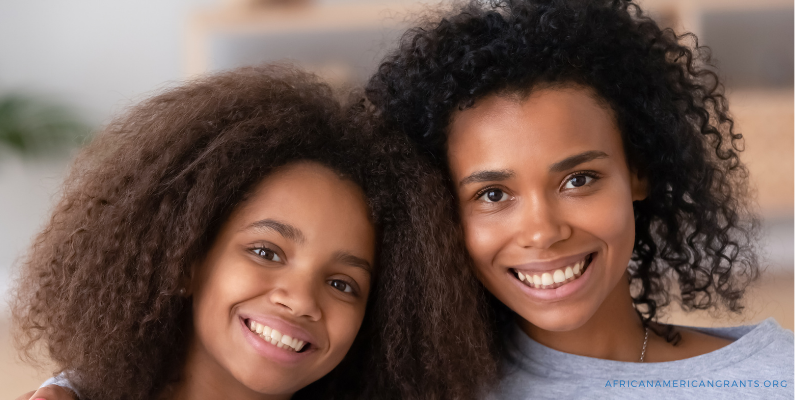

Deadline: 13-Apr-21
Canada’s International Development Research Centre (IDRC) is pleased to announce a new funding opportunity, implemented through its Sustainable Inclusive Economies division..
This call for expressions of interest aims to advance the generation and use of context-specific evidence that can contribute to women’s economic empowerment in the Global South in the context of responses in lower-income countries to the COVID-19 pandemic and the growing climate crisis. The call will support solutions-oriented, local research and evidence that help address the specific and systemic barriers women face during and following the COVID-19 pandemic, and in accessing opportunities that arise in new low-carbon economic activities.
The call will address new barriers that have arisen during the pandemic, the continued disproportionate burden of unpaid care work and gendered social norms, and ways to support and scale women-led initiatives that promote sustainable recovery.
The call will support projects with a clear plan for how the results of the research are to be used by policy-makers, private-sector actors, and women-led and other organizations that are well positioned to advance women’s economic empowerment at scale. Proposed projects must take place, and be carried out, by organizations based in low- and lower-middle-income countries in Africa, Latin America, the Caribbean, South and South-East Asia, and the Middle East.
Objectives
The objective of the call is to contribute to building more inclusive and sustainable pandemic responses and recovery in low- and lower-middle-income countries.
Funding Information
Duration of grants: up to 30 months
Budget: CA$750,000 – CA$1,000,000 per project. Grants will be awarded subject to availability of funds.
What type of projects will the call support?
The call will fund projects with the following characteristics:
Clear pathway for impact: They will support projects with demonstrable relevance to the country(ies) of focus, with clear pathways of impact. Selected candidates will be asked to submit full proposals that demonstrate clear pathways through which the proposed work will inform policies and actions. The Expressions of Interest (EoI) should summarize plans for this.
Solutions-orientation: They will support research that identifies and promotes solutions that can be scaled. The call will NOT fund descriptive studies — i.e., studies that only describe problems, without analyzing, assessing, or testing solutions.
Multi-stakeholder: They will support projects that actively engage multi-stakeholder teams to identify effective and feasible solutions, policy options, and interventions. This includes proactive engagement of researchers and knowledge users (policy-makers, private sector, civil society, and/or implementing agencies) throughout the research process to set strategic directions and priorities, and frame and conduct research into practical solutions that can be taken up. Selected candidates will be asked to submit full proposals that detail these partnerships. The EoI should summarize plans for this.
Ethical standards: They will support projects with demonstrable capacity to apply appropriate research ethics procedures that include mitigation strategies for addressing the risk of potentially negative consequences for affected or targeted populations.